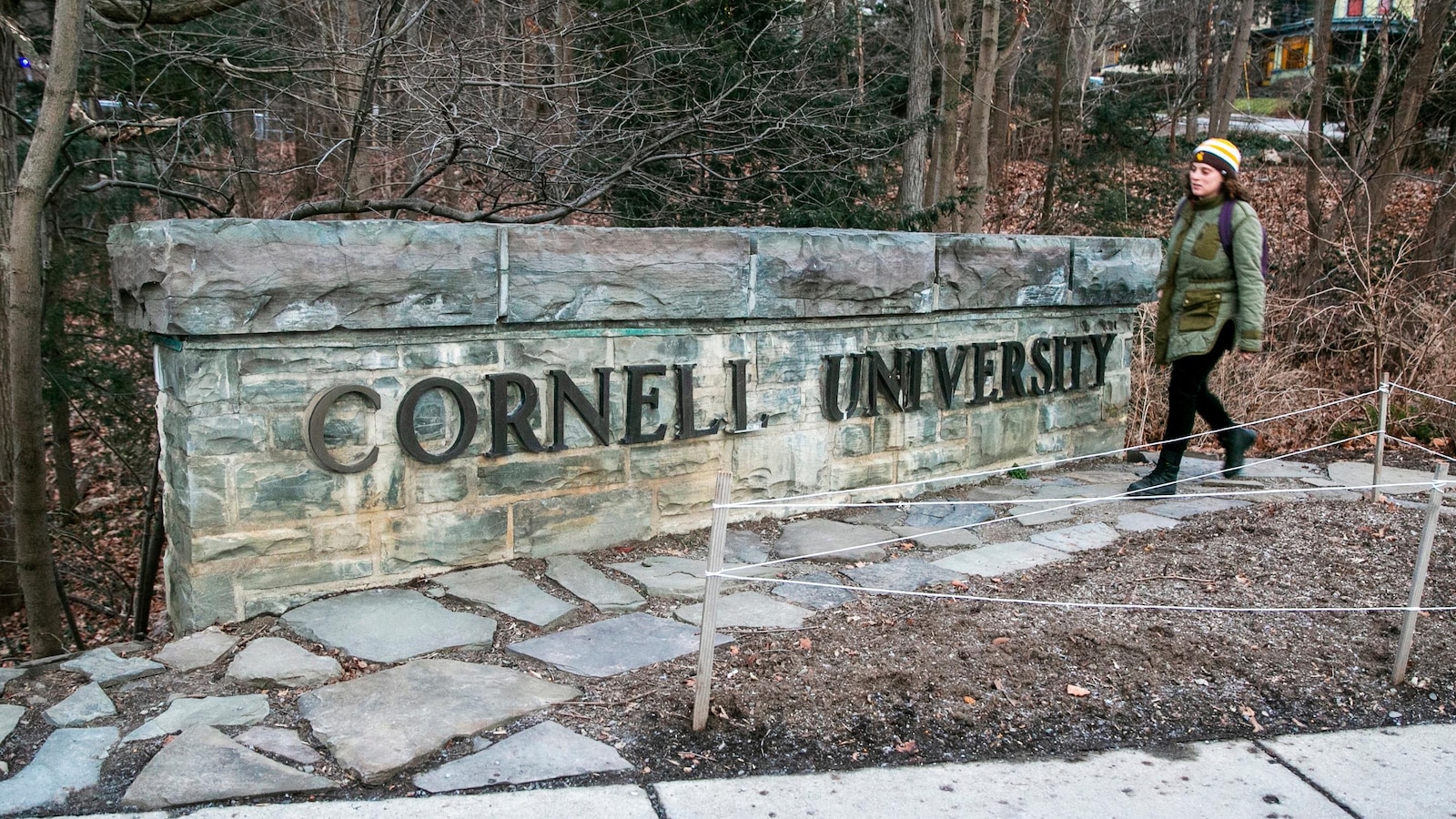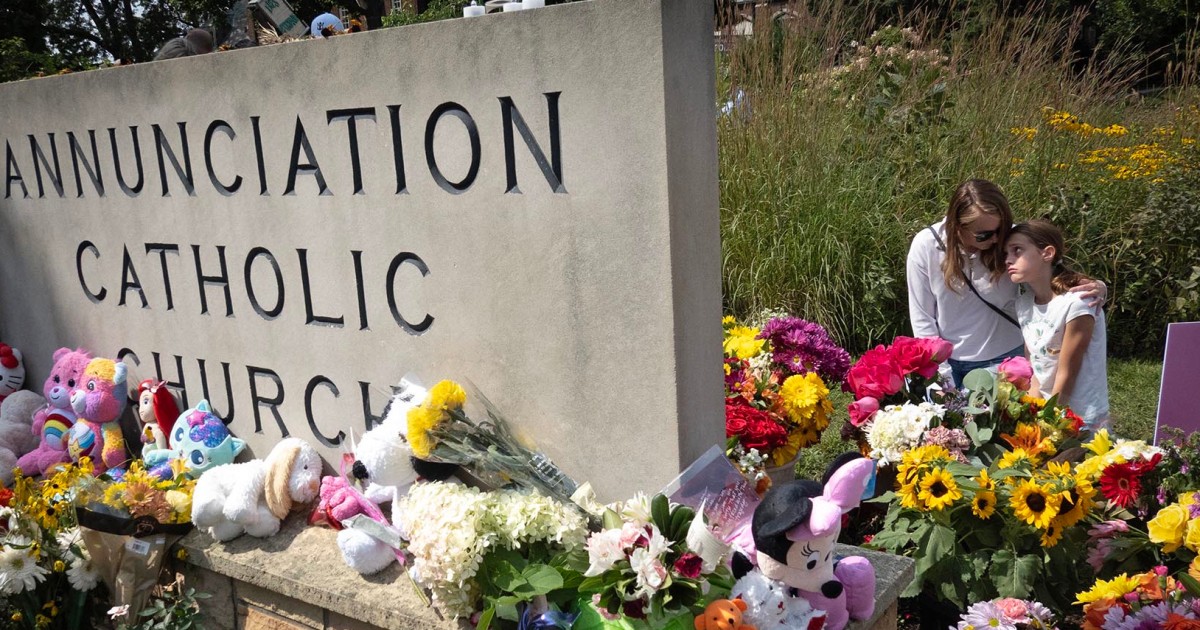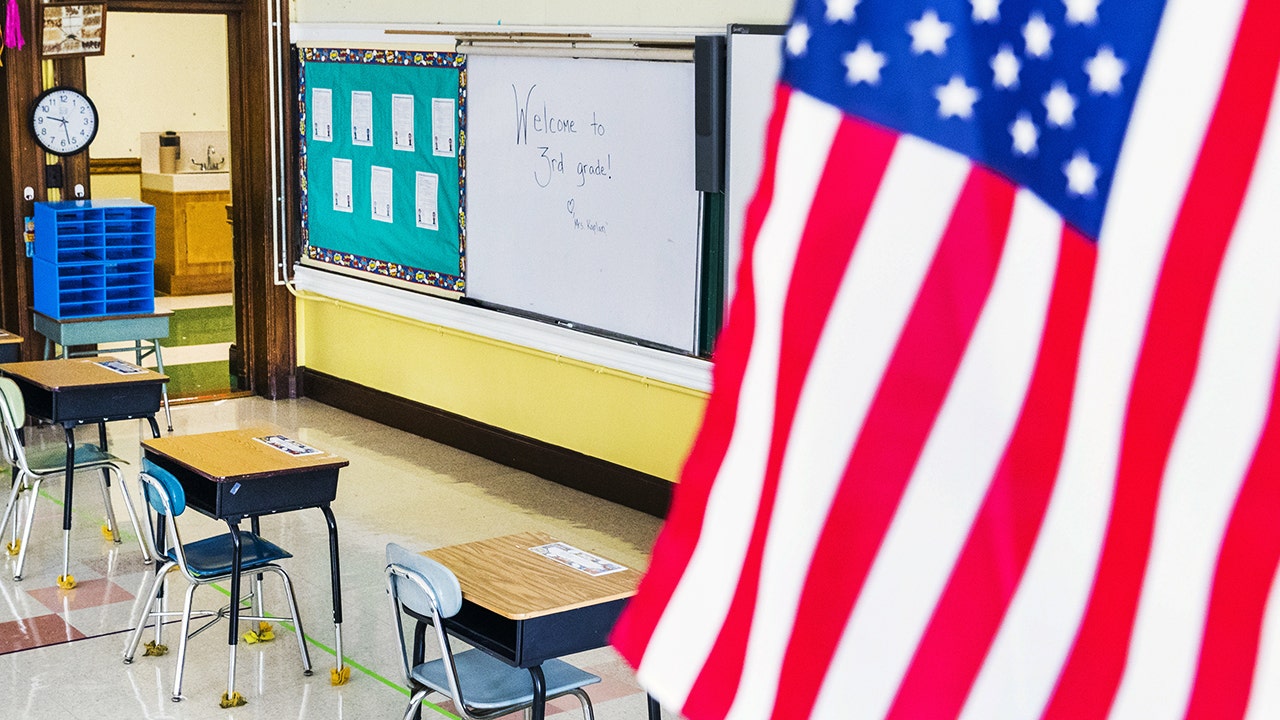Federal Funding Freeze: Cornell and Northwestern Face Unprecedented Challenges
The Trump administration abruptly suspended $1.7 billion in federal funding to Cornell University and Northwestern University last week, leaving administrators scrambling to address potential disruptions to critical research projects, faculty positions, and student financial aid. The unexpected move, announced through a Department of Education memorandum, cites “budget reallocation priorities” but provides no detailed justification, raising alarms across higher education.
Immediate Impact on Research and Operations
Both institutions rely heavily on federal dollars to sustain their world-class research programs. Cornell receives approximately 32% of its annual research budget from federal sources, while Northwestern depends on Washington for 29% of its research funding, according to 2022 National Science Foundation data. The freeze immediately affects:
- 87 ongoing medical research projects at Northwestern’s Feinberg School of Medicine
- Cornell’s AI initiative involving 14 departments and 47 graduate researchers
- Need-based financial aid packages for 6,200 combined students
“This isn’t just about test tubes and lab coats,” said Dr. Evelyn Cho, Director of Biomedical Research at Northwestern. “We’re talking about clinical trials for pediatric cancer treatments that could stall within weeks. The human cost will become apparent very quickly.”
Administrative Responses and Contingency Plans
Both universities activated emergency protocols within hours of the announcement. Cornell President Martha Pollack convened an emergency board meeting, later announcing a three-phase response plan:
- Immediate prioritization of federally funded projects closest to completion
- A hiring freeze for non-essential positions
- Activation of a $200 million reserve fund
Northwestern took more aggressive measures, pausing all new equipment purchases and restricting faculty travel. “We’re essentially putting the university on a wartime footing,” said Provost Kathleen Hagerty. “When 30% of your research oxygen gets cut off, you don’t have the luxury of gradual adjustments.”
Broader Implications for Higher Education
The funding suspension arrives as many elite universities face increasing political scrutiny. Education policy analysts note this marks the first time federal research dollars have been withheld without explicit congressional approval or violation findings.
“This sets a dangerous precedent,” warned Dr. Raymond Fosdick, senior fellow at the Brookings Institution. “Since the 1950s, federal research funding has operated on a merit-based system insulated from political winds. If that changes, America’s global research dominance could unravel within a decade.”
Student and Faculty Reactions
On both campuses, anxiety permeates daily operations:
- Graduate students report advisors withdrawing support for dissertation projects
- Three faculty recruits have rescinded acceptance letters at Cornell
- Northwestern’s Student Government Association plans protests next week
Second-year PhD candidate Marcus Webb shared his predicament: “My entire thesis depends on NSF-funded lab access. If this lasts beyond September, I’ll need to transfer or abandon two years of work.”
Legal and Political Fallout
Legal experts debate the administration’s authority to unilaterally freeze congressionally appropriated funds. The American Council on Education has retained constitutional law specialists to explore litigation options. Meanwhile, congressional Democrats promise hearings when sessions resume.
Representative Jamie Raskin (D-MD), House Oversight Committee ranking member, stated: “We’re examining whether this violates the Impoundment Control Act. The administration appears to be punishing institutions in districts that didn’t support the President’s agenda.”
Looking Ahead: Scenarios and Strategies
University trustees privately discuss several contingency plans based on the freeze’s duration:
| Timeline | Cornell Projections | Northwestern Projections |
|---|---|---|
| 1-3 months | Delayed equipment purchases | Reduced adjunct faculty |
| 4-6 months | 10% research slowdown | Clinical trial suspensions |
| 7+ months | Staff layoffs | Department consolidations |
Alumni networks have mobilized emergency fundraising campaigns, though development officers caution that private donations rarely exceed 15% of federal research funding levels at these institutions.
A Call for Public Engagement
As the situation develops, faculty senates urge community members to contact their congressional representatives. “This isn’t just an Ivy League problem,” emphasized Cornell economics professor Glenn Hubbard. “Every dollar in university research generates $2.50 in regional economic activity. The ripple effects will touch millions.”
For students, faculty, and families affected by the funding freeze, the American Association of Universities provides updated resources and advocacy tools on its website. The academic community watches closely as these prestigious institutions navigate uncharted territory that could redefine the future of American higher education.
See more TED Talks World



